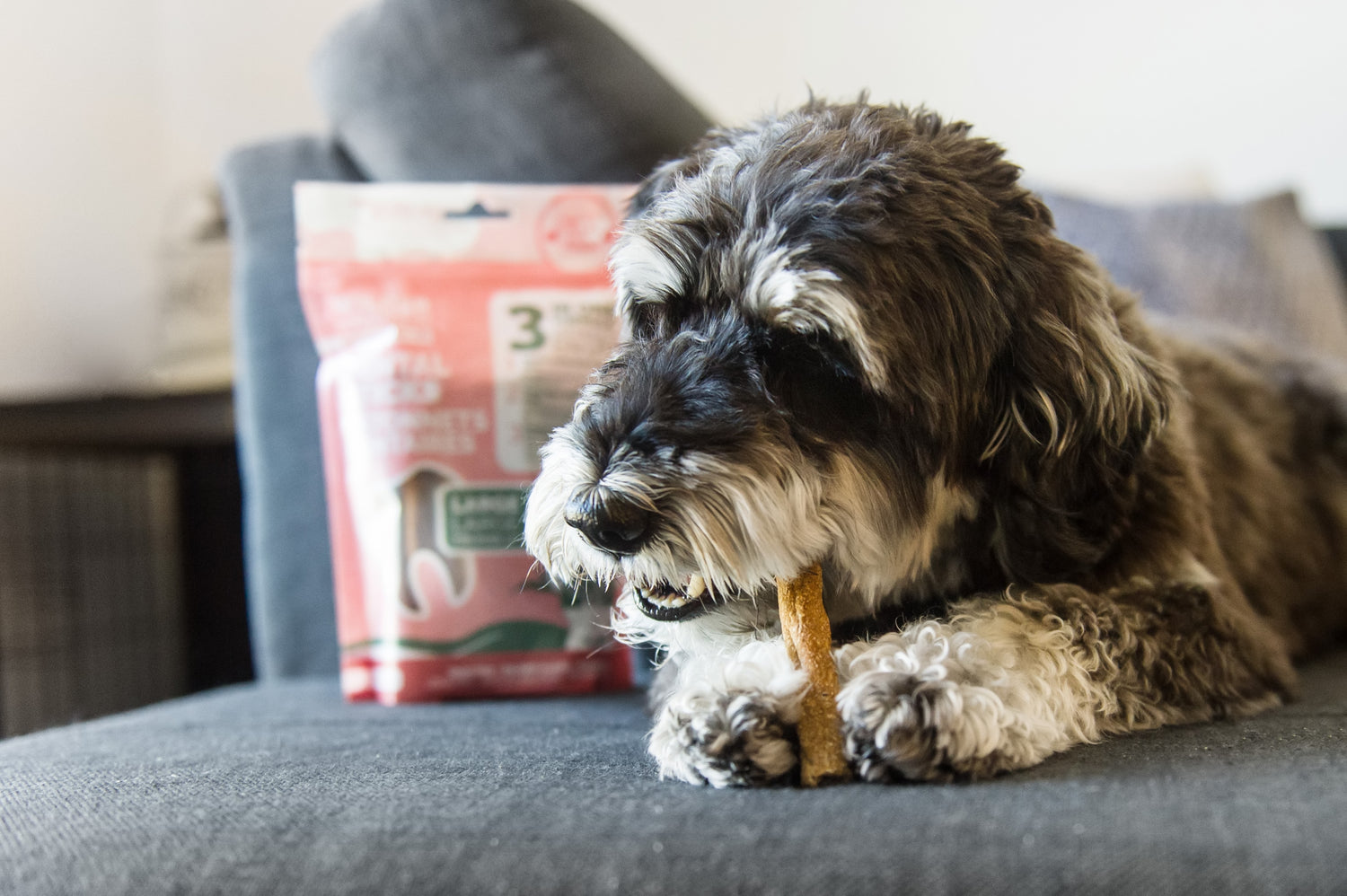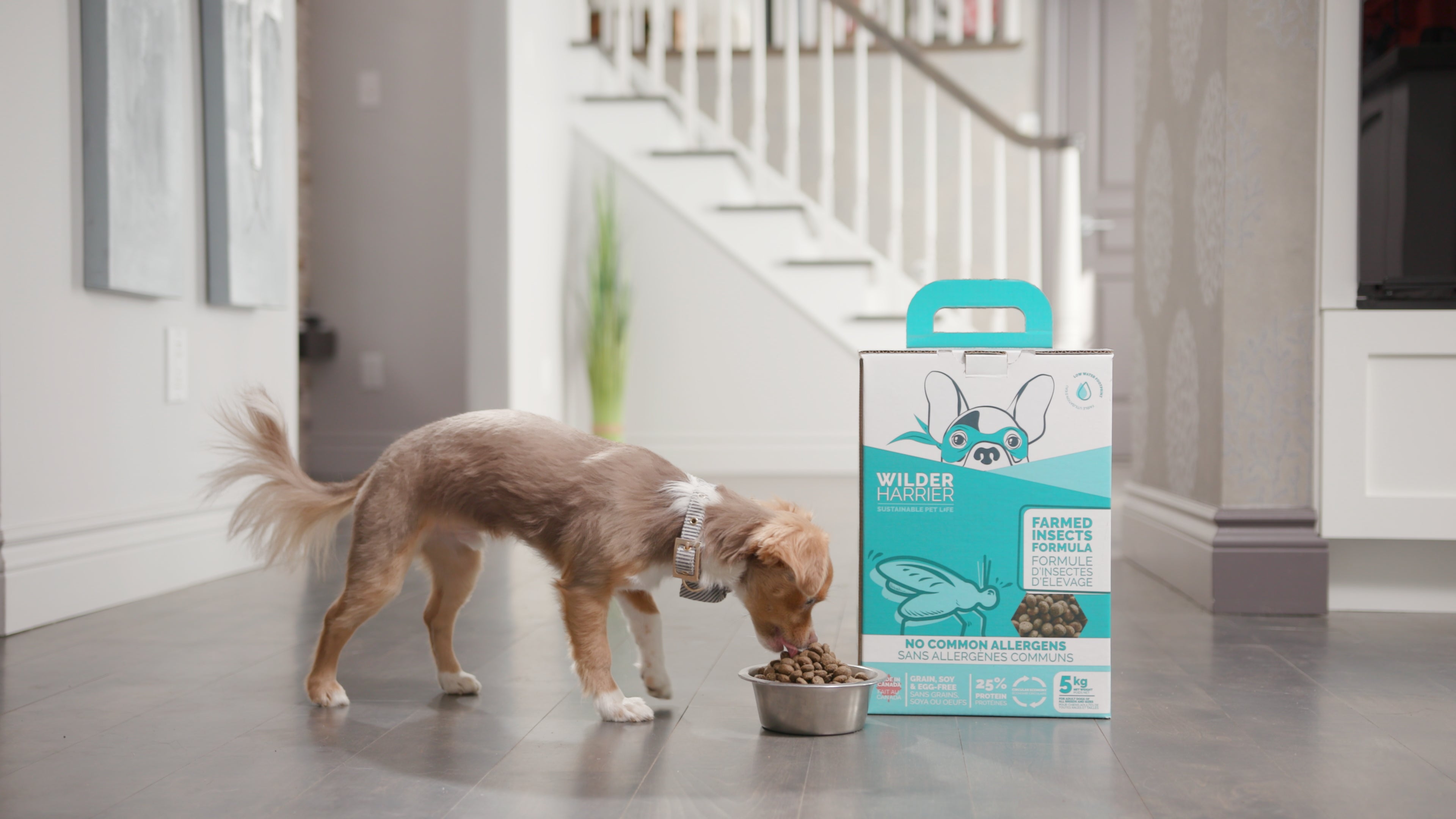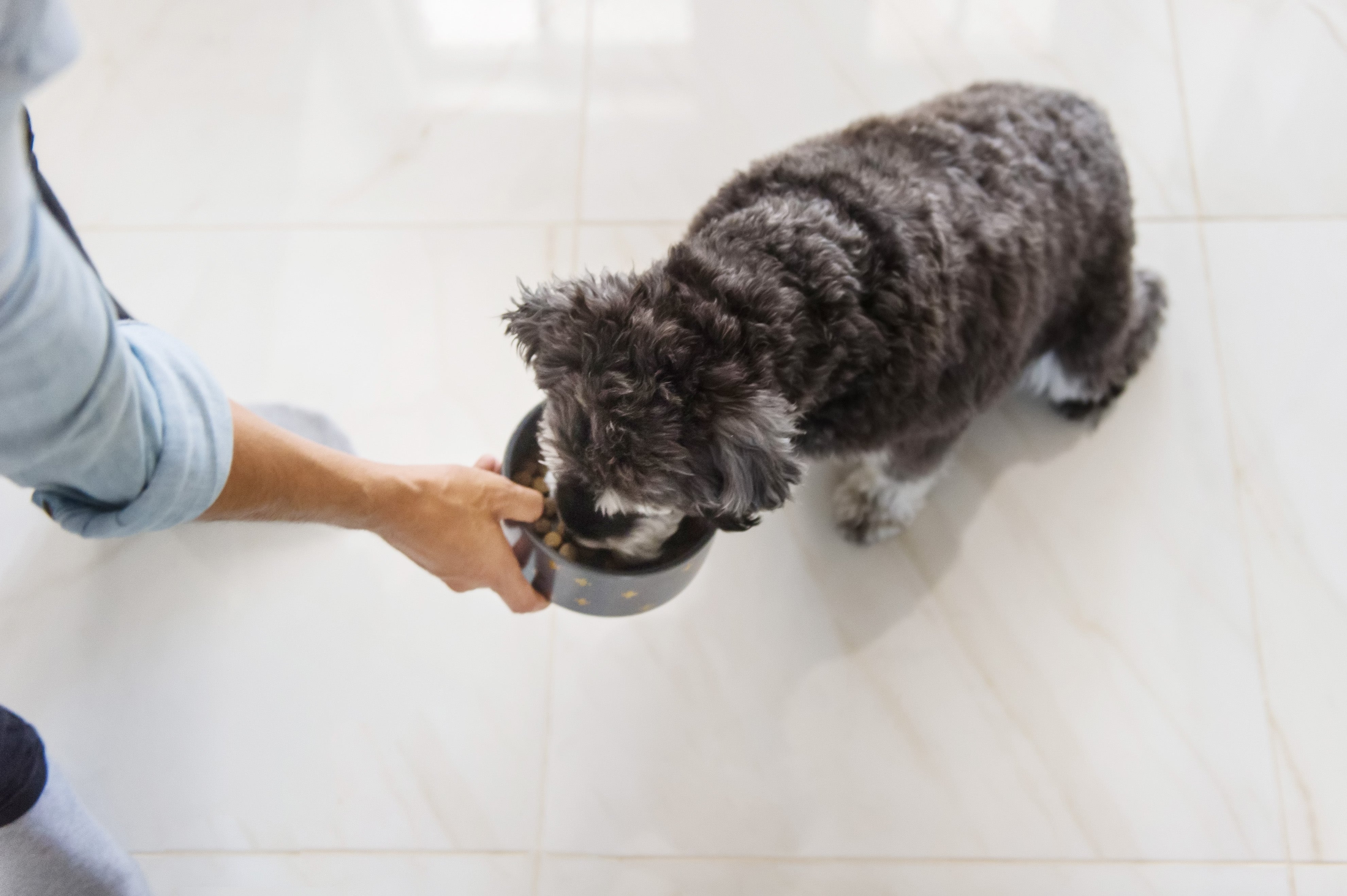All dog owners know, dogs certainly like to chew! The feeling of dread as you approach your home, not knowing what awaits you and the mess you’ll have to clean up. And it is oh-so-annoying when you have to chase around your dog or puppy yelling “no!” all the time as they make minced meat out of your socks, shoes, and everything else.
In addition, a voracious chewer will not only destroy your stuff and cost you a pretty penny, but might even get into trouble and harm or injure himself.
Cables, wires, and toxic human foods can easily be ingested with disastrous consequences. If you are looking to stop your dog from chewing, let’s take a closer look at this fascinating, albeit annoying tendency!
Why Do Dogs and Puppies Chew?
There is a distinct difference between why dogs and puppies chew, and to correct the behavior, first we must understand why it is happening.
Why Puppies Chew:
Chewing is a normal phase of the development of a puppy’s life as their teeth develop and itch. You can buy the most expensive, fancy chew toys but your pup might still go for your shoes, a corner of his expensive puppy bed, or anything that pups can get their paws on.
Puppy-Proofing and Confinement
Puppy chewing is normal and can be tolerated to a certain degree. You’ll want to puppy-proof your home and remove anything that your pup can get to and destroy. This isn’t just to save your stuff, it is also to keep your puppy safe, just like hoo-man toddlers. If you are unable to watch your pup or puppy-proof your home completely, playpens are invaluable to confine your pup. These pens give your pup ample room to walk around, play, and go potty.
Note that puppy playpens aren’t the same as crates that are only big enough for your dog to stand upright in, turn around, and lie down. Be careful what you leave in either a crate or the puppy playpen. Their teeny sharp teeth will go through fabric like a knife through butter, and torn pieces of fabric become choking hazards.
Why Adult Dogs Chew:
Adult dogs are a whole different ballgame. A puppy's teething is a natural process and they soon grow out of it (or not!). Dogs that are enthusiastic chewers might be doing that because of several factors, such as:
- Anxiety
- Boredom
- Excess Energy
- Habit
- Hunger
- Instincts
- Relaxation
- Stress
Every dog is different, some may chew more than others, and some may not be destructive at all, it all depends on the individual dog.
Anxiety, Boredom, and Stress
By nature, dogs are very social animals and are prone to develop and suffer from separation anxiety if their people are away for long stretches of time. In addition, if your dog is crate-trained, long periods spent in the crate can cause extreme frustration and anxiety, and depending on your dog, you might need a new crate!
Chewing is a common coping mechanism for dogs with separation anxiety. This also goes along with chewing because of boredom, when they lack mental stimulation they can seek out relief from the boredom by chewing anything interesting they can find. If you suspect your dog is in poor mental health, introduce more fun things to do with him such as obedience training, more socialization, playtime, and interactive puzzle toys.
Excess Energy
Destructive chewing can be common in higher energy breeds if they do not get enough exercise prior to being left home alone, especially for long periods. It is good to do your research on your particular breed, or consult your vet about how much exercise your pup needs.
Making sure that your dog is getting adequate exercise will have a physically stimulated, happy dog at the end of the day. Remember, a tired dog is a happy one!
Hunger
If a dog is not getting an adequate amount of calories in their diet or is on a diet where calories are restricted, they may resort to chewing as an attempt to find food. In general, chewing motivated by this is directed at items that are related to food in some way.
Making sure that your dog is getting a healthy amount of food, and food that they like can help curb these behaviors. It is also important to take into consideration any allergies your pup has by getting hypoallergenic food or allergy-friendly food.
Redirecting with Treats & Toys
First, they will have to know some basic commands to illustrate to them what is undesirable behaviors. If you have a dog that is chewing, you can redirect that behavior when you notice it by saying “no” and taking the object away from them and replacing it with a chew toy or something similar. When your dog changes their attention to the chew toy or treat, be sure to praise them a lot and reward them to reinforce the desired behavior.
Try some of our yummy hypoallergenic treats, or the dental sticks that can redirect your pooch’s attention and keep him occupied for longer than simply gobbling a treat.

How to Dog-Proof Your House
If your pooch has a tendency to chew things that are not for them, it is important to dog-proof your house to help keep items out of reach that they may chew on. Place valuable objects out of reach and keep doors shut that you do not want your pup getting into. Laundry can be a prime target for dogs looking to chew something, so make sure that it is put away or in a basket where they can not reach it. Have all your trash secured in a sealed bin, making sure your dog cannot get at it. Food toxicity is one of the leading causes of veterinary visits!
Also, elevate everything off the floor and onto counters that your dog cannot reach. If your dog can reach it, it is fair game!
Final Thoughts
Chewing is a natural behavior for puppies that can continue way into adulthood. You’ll need to figure out the reasons for chewing, and if it is indeed a destructive one as many dogs simply find pleasure in it! Good luck!




